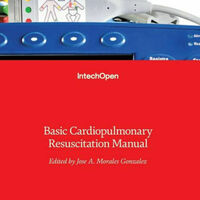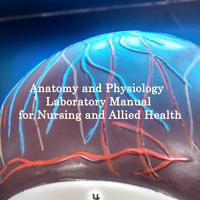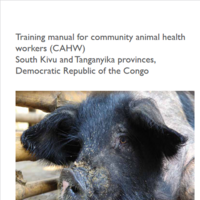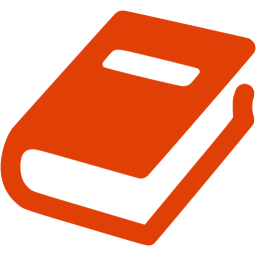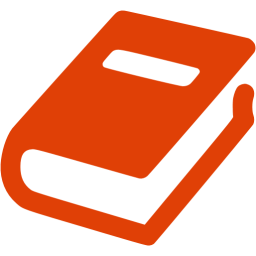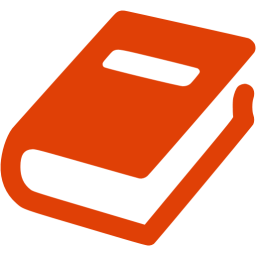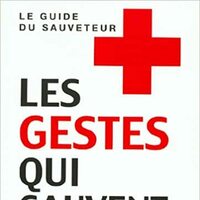Search
Books+
Searching 1,730 books
Search related to the career Cardiovascular Technician
Tasks of a Cardiovascular Technician:
1. Patient Preparation:
- Prepare patients for cardiovascular procedures, including explaining the procedure, obtaining medical history, and addressing any concerns or questions.
- Assist patients in changing into appropriate attire and positioning them for the procedure.
2. Equipment Setup and Operation:
- Set up and calibrate various cardiovascular diagnostic equipment, such as electrocardiogram (ECG) machines, ultrasound machines, stress test equipment, and Holter monitors.
- Operate the equipment during procedures to record and monitor cardiovascular activity.
3. Monitoring and Recording:
- Monitor patients' vital signs, such as heart rate, blood pressure, and oxygen saturation, during procedures.
- Record and document accurate and detailed information about patients' cardiovascular activity and any abnormalities observed.
4. Electrocardiography (ECG):
- Perform ECG tests to record the electrical activity of the heart.
- Attach electrodes to the patient's chest, arms, and legs, and ensure proper placement for accurate readings.
- Operate ECG machines and interpret the results for further analysis by physicians.
5. Stress Testing:
- Assist physicians in conducting stress tests to evaluate the heart's response to physical exertion.
- Monitor patients' vital signs and ECG readings during stress tests.
- Observe and report any abnormalities or symptoms experienced by patients during the test.
6. Echocardiography:
- Assist cardiologists in performing echocardiograms to assess the structure and function of the heart.
- Prepare patients for echocardiography by explaining the procedure and positioning them correctly.
- Operate ultrasound machines to capture images of the heart and assist in analyzing the results.
7. Holter Monitoring:
- Apply and remove Holter monitors, which are portable devices used to record the heart's electrical activity over an extended period.
- Instruct patients on how to wear and maintain the Holter monitor.
- Collect and analyze the recorded data for further evaluation by physicians.
8. Patient Education:
- Educate patients on cardiovascular health, lifestyle modifications, and the importance of following medical instructions.
- Provide instructions on post-procedure care and answer any questions or concerns patients may have.
9. Equipment Maintenance:
- Clean and maintain cardiovascular equipment to ensure proper functioning and accuracy.
- Troubleshoot equipment issues and report any malfunctions or repairs needed.
10. Collaboration:
- Collaborate with physicians, nurses, and other healthcare professionals to provide comprehensive patient care.
- Communicate effectively with the healthcare team to ensure accurate and timely delivery of patient information.
Please note that the specific tasks may vary depending on the healthcare setting and the cardiovascular technician's level of experience and training.
Source: Various AI tools
Vocational skills
Searched in English.
